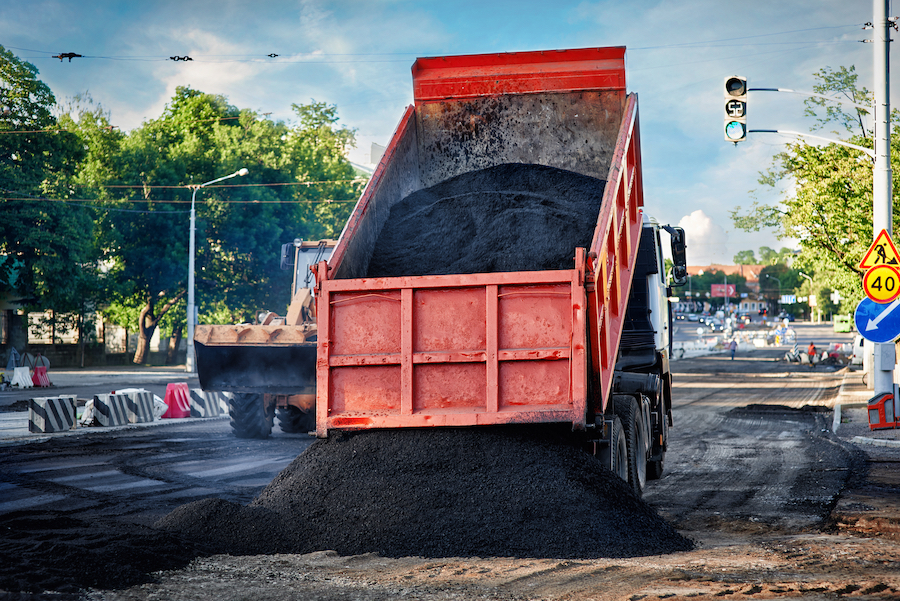
View the complete article here.
Asphalt contractors are responsible for constructing and maintaining roads, highways, and any other surfaces that use asphalt—a mixture of aggregate (crushed stone, sand, and gravel) and a binder made from petroleum-based products.
When it comes to obtaining the asphalt needed for the job, asphalt contractors have a number of options available—including buying it from an external supplier or producing it themselves.
So why should an asphalt contractor consider producing their own asphalt?
One of the main advantages of producing your own asphalt is the potential for cost savings. When you purchase asphalt from an external supplier, you are paying—not only for the raw materials and labor that go into making the asphalt—but also for the transportation costs associated with delivering the product to your job site. In addition, the clever asphalt contractors make sure to negotiate a better price for raw materials—since they are buying in bulk.
Another benefit of producing your own asphalt is improved quality control. When you are in control of the entire production process—from sourcing the raw materials to mixing and delivering the final product—you can ensure that the asphalt used meets your standards for quality and consistency. This is especially important for contractors who work on large-scale projects or in areas where the quality of the asphalt can have a significant impact on the longevity and durability of the finished surface.

Improved project scheduling is another advantage of producing your own asphalt. When you purchase asphalt from an external supplier, you may be at the mercy of their delivery schedule—which can be impacted by factors such as equipment breakdowns, weather conditions, as well as any other unexpected events. By producing your own asphalt, you can guarantee that you always have a consistent supply of material you need—which is essential to stay on track and complete jobs more efficiently.
Reduced transportation costs is another benefit to producing your own asphalt. When you purchase asphalt from an external supplier, it’s expected to pay for the cost of delivering the product to your job site. By producing your own asphalt, you can eliminate these transportation costs—which can be substantial for large jobs that are located a significant distance from the supplier.
Increased product versatility is another reason why asphalt contractors should produce their own asphalt. When you are in control of the production process, you have the ability to customize the asphalt you produce to meet the specific needs of your projects. Consider how you may need to produce different grades of asphalt to accommodate different types of surfaces or traffic conditions.
Finally, producing your own asphalt can reduce your dependence on external suppliers—which can help you better manage your costs and improve your ability to respond to changes in the market. When you rely on external suppliers, you are subject to fluctuations in the price of asphalt and other raw materials—as well as changes in the availability of the product. By producing your own asphalt, you can reduce your exposure to these pitfalls and ensure that you have a consistent supply of the material you need to complete your projects.
Need an asphalt plant? Give Asphalt Drum Mixers a call: 260-637-5729
View the complete article here.
Why do the best asphalt contractors produce their own asphalt?
Producing their own asphalt allows contractors to maintain control over the quality of the materials they use, which can lead to a better end result. It also enables them to adjust the mix as per the specific needs of each project, ensuring a custom solution. Additionally, producing asphalt in-house can lead to cost savings and increased efficiency as they can produce exactly what's needed and reduce waste.
What considerations are there for contractors wanting to produce their own asphalt?
Contractors considering producing their own asphalt should factor in the costs associated with establishing and maintaining an asphalt plant, including equipment, raw materials, and staff training. They should also be aware of the regulatory and environmental considerations, as well as the technical knowledge required to produce high-quality asphalt.














































